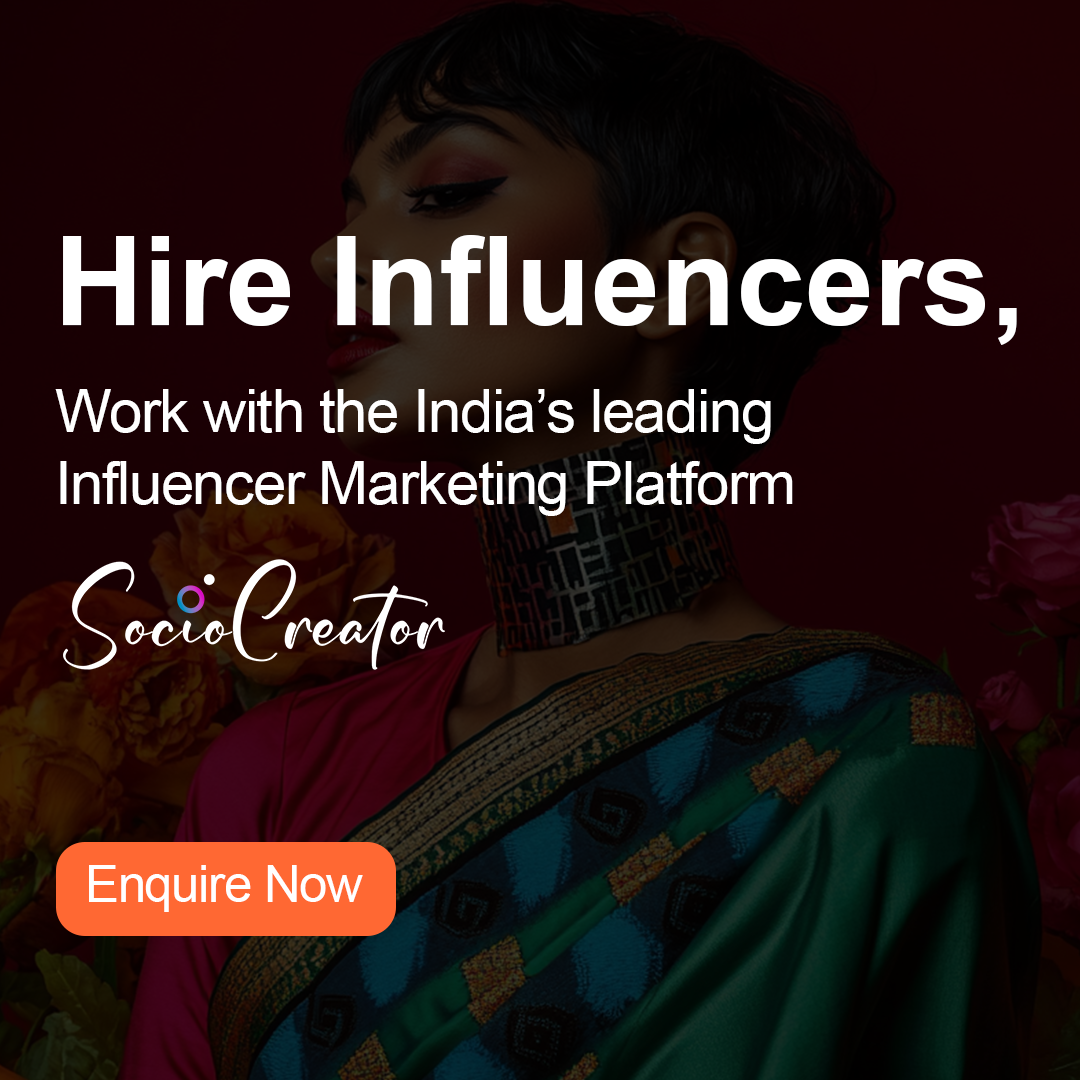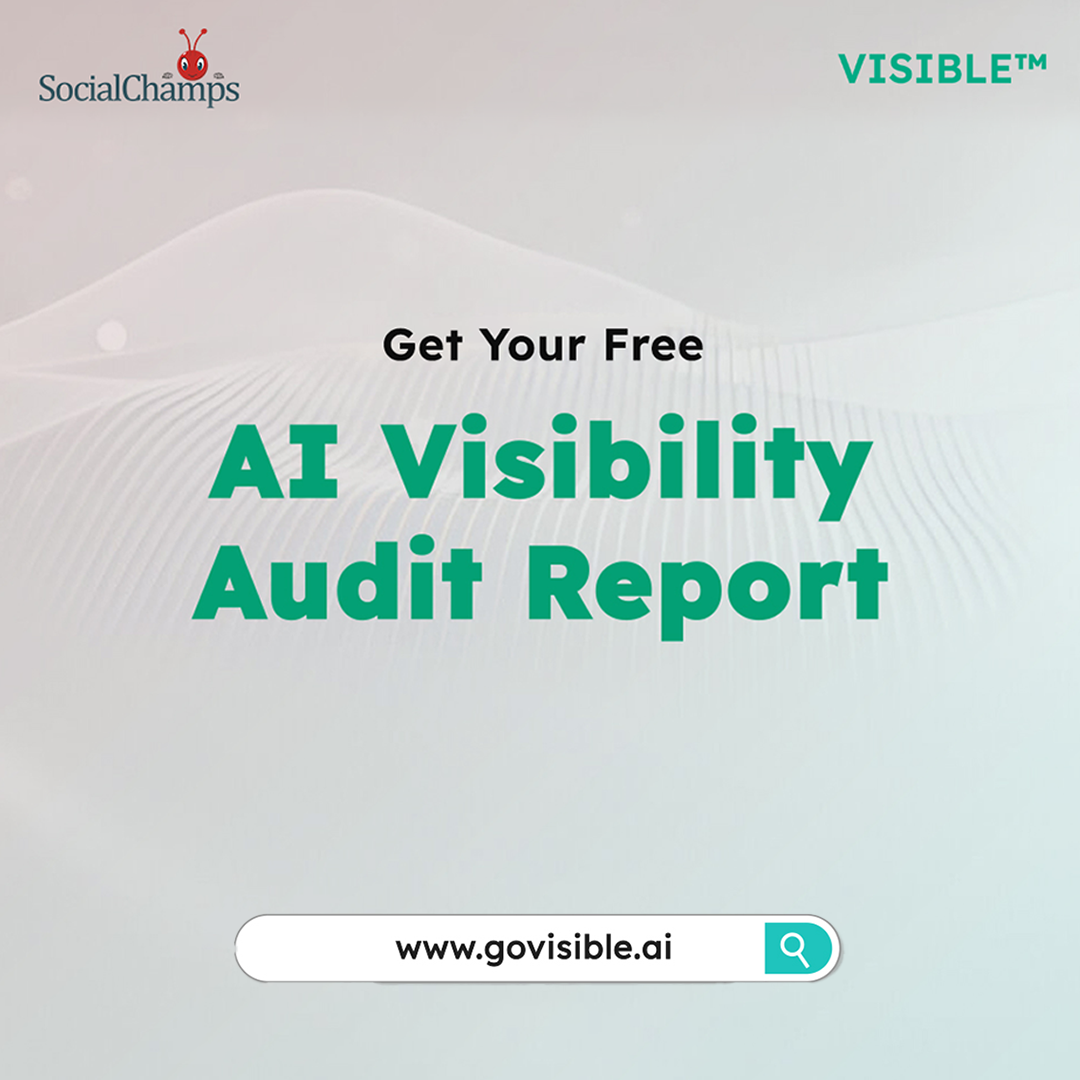Introduction to Emerging Trends
As the Indian hospitality industry continues to evolve, new trends are emerging across various segments. These trends are driven by shifting consumer preferences, technological advancements, and societal changes. For hospitality brands, staying ahead of these trends is essential to maintaining competitive advantage, increasing customer satisfaction, and ensuring long-term sustainability.
This section explores the most significant emerging trends in the Indian hospitality industry, including wellness tourism, technology adoption, hybrid hotel models, experience-based travel, and the rise of domestic tourism. These trends are not only reshaping guest expectations but also influencing the way hotels operate and market their services.
Strategic Marketing Insight: For C-level executives, understanding and capitalizing on these trends is key to staying relevant. Incorporating these emerging shifts into marketing strategies can strengthen brand positioning, enhance customer loyalty, and open new avenues for growth.
Increased Demand for Wellness and Eco-friendly Stays
Demand for Wellness Tourism
As wellness travel becomes a significant component of the global travel industry, the Indian hospitality sector is witnessing a surge in demand for wellness-focused experiences. From yoga and meditation retreats to detox programs and spa treatments, wellness tourism has become a central offering for both luxury and midscale hotels.
Travelers today seek destinations that offer not only relaxation but also the opportunity to rejuvenate mentally and physically. Hotels are increasingly incorporating wellness programs, fitness centers, and healthy dining options to attract health-conscious travelers.
Sustainability
Sustainability continues to be a key focus for travelers, especially millennials and Gen Z, who are more eco-conscious than previous generations. As a result, there is an increasing demand for eco-friendly hotels that integrate sustainable practices like energy conservation, waste reduction, and the use of eco-friendly materials.
Key Drivers: The global rise in awareness of climate change and environmental issues is driving this demand. Sustainable practices are no longer just a trend; they are a necessity for attracting and retaining today’s environmentally conscious travelers.
| Trend | Current Adoption (2024) | Expected Growth by 2025 | Source |
|---|---|---|---|
| Wellness Tourism Demand | 40% of hotels offering wellness services | 60% of hotels offering wellness experiences | Hotelivate Hospitality Trends |
| Eco-friendly Practices | 25% of luxury hotels | 40% of all hotel segments | MARC Insights |
Marketing should prioritize integrating wellness and sustainability into the brand’s value proposition. Marketing campaigns focused on promoting these elements—such as eco-friendly certifications, wellness offerings, and sustainability initiatives—will resonate strongly with today’s conscious travelers.
Technology Adoption in Hospitality
AI and Automation
The hospitality industry is embracing technology to enhance guest experiences and streamline operations. Artificial intelligence (AI) is playing a pivotal role in improving customer service with chatbots for 24/7 engagement, virtual assistants for personalized guest experiences, and AI-driven recommendations based on guest preferences.
Automation is also enhancing operational efficiency. Self-check-in kiosks, automated room service, and robotic assistants are becoming commonplace, reducing wait times and allowing guests to have more control over their experience.
Internet of Things (IoT)
IoT is another technology trend reshaping the industry. Smart rooms equipped with IoT devices enable guests to control lighting, temperature, and entertainment systems directly from their mobile devices. IoT also aids in monitoring energy consumption, helping hotels reduce costs and improve sustainability.
Digital Transformation
Digital transformation is driving the shift to contactless and digital guest services. From mobile apps for booking to smart room keys and in-app services, technology is providing convenience, security, and improved customer experiences.
| Technology Trend | Current Adoption (2024) | Expected Growth by 2025 | Source |
|---|---|---|---|
| AI and Chatbots | 35% of hotels using AI-driven services | 50% of hotels using AI-driven services | JLL India Hospitality Overview |
| IoT and Smart Rooms | 25% of luxury properties | 45% of luxury and upscale properties | Hotelivate Hospitality Trends |
| Automation in Operations | 20% of midscale hotels | 40% of all hotels | MARC Insights |
For C-level leaders, embracing technology as part of the guest experience is essential for future-proofing the business. Marketing campaigns that highlight advanced technological offerings, such as mobile apps, contactless check-in, and smart rooms, can position the brand as innovative and customer-centric.
Hybrid Hotel Models: Blending Business and Leisure
Workation Trend
The rise of remote work, especially post-pandemic, has led to an increasing demand for hotels that offer a blend of business and leisure services. “Workations,” where individuals travel while working remotely, have become a popular trend. Hotels are adapting by providing work-friendly environments, including high-speed internet, ergonomic workstations, and meeting spaces, combined with leisure activities and relaxation options.
Flexible Stays
With the rise of remote working, travelers are opting for longer stays. Hotels are responding by offering flexible booking options, including extended stays and long-term packages, catering to individuals who want to combine work with leisure. This trend is particularly prominent in upscale and midscale segments.
Mixed-Use Developments
Mixed-use developments are an emerging trend in the Indian hospitality industry. These developments combine hotel services with residential, office, and retail spaces, creating a one-stop destination for business and leisure needs. This model is gaining traction in major cities like Mumbai, Delhi, and Bengaluru, where demand for both residential and hotel spaces is on the rise.
Strategic Marketing Insight: For marketers, emphasizing the flexibility of stays and the ability to balance work and leisure will be key in attracting remote workers and business travelers. Tailoring packages that cater to long-term stays and the workation trend can help capture this growing market segment.
Experience-based Travel & Personalized Services
Experiential Travel
Consumers are increasingly looking for unique and immersive travel experiences rather than traditional sightseeing. Experiential travel, which includes activities like cultural immersion, adventure tourism, and local culinary experiences, is gaining popularity. This trend is driving hotels to offer more personalized experiences that go beyond just providing a place to stay.
Personalization
Guests today expect highly personalized experiences, whether it’s room preferences, food choices, or activity recommendations. Hotels are leveraging data analytics to gather insights about guest preferences and tailor offerings accordingly. From room settings to personalized itineraries, hotels are investing in personalization technology to enhance the guest experience.
Role of Social Media
Social media continues to play a pivotal role in shaping travel decisions. Influencers, reviews, and user-generated content have become essential factors in a guest’s decision-making process. As a result, hotels are increasingly using social media platforms to engage with potential customers, showcase unique offerings, and build a community around their brand.
| Trend | Current Adoption (2024) | Expected Growth by 2025 | Source |
|---|---|---|---|
| Experiential Travel Demand | 35% of luxury & midscale hotels | 50% of all hotels | Hotelivate Hospitality Trends |
| Personalized Experiences | 45% of luxury hotels | 60% of hotels | JLL India Hospitality Overview |
| Influencer Marketing | 25% of luxury & midscale hotels | 40% of all hotel segments | MARC Insights |
For marketers, creating compelling campaigns around unique, personalized experiences is key to capturing the growing segment of experience-driven travelers. Social media marketing and influencer partnerships are vital tools to build authenticity and attract the younger, experience-seeking demographic.
The Rise of Domestic Tourism
Post-Pandemic Travel Boom
The COVID-19 pandemic led to a surge in domestic tourism, as international travel restrictions made people explore local destinations. With the recovery of the economy, domestic tourism is expected to remain a significant driver of hospitality growth in India. The Dekho Apna Desh initiative by the government is helping to promote India’s rich cultural and natural heritage to its own citizens.
Targeting Indian Travelers
As international travel returns to pre-pandemic levels, there remains a substantial focus on the domestic market. Hotels are shifting their marketing strategies to target Indian travelers, particularly in the budget and midscale segments. Many domestic tourists are now seeking a higher level of service, making it a valuable market for midscale and budget hotels.
Government Initiatives
The Indian government’s efforts, such as improving infrastructure and promoting domestic tourism, will continue to support this trend. Initiatives like Swadesh Darshan and Pradhan Mantri Awas Yojana are helping promote lesser-known destinations across the country.
Strategic Marketing Insight: For CMOs and Directors, focusing on the emotional appeal of “exploring your own country” can drive interest in domestic tourism. Targeting family and group travelers with special offers and packages will help drive bookings in the domestic market.
Conclusion: The Future of Hospitality Segments
The future of the Indian hospitality industry lies in adapting to these emerging trends. As wellness tourism, technology adoption, hybrid hotel models, personalized experiences, and domestic tourism continue to shape the market, hospitality brands must remain agile. By leveraging these trends effectively, brands can position themselves to capitalize on the evolving demands of Indian and global travelers.
For C-level executives, embracing these emerging trends and integrating them into the brand’s overall strategy will ensure sustainable growth. Personalized marketing, sustainability, and technological advancements should be central to your future business strategies.





0 Comments